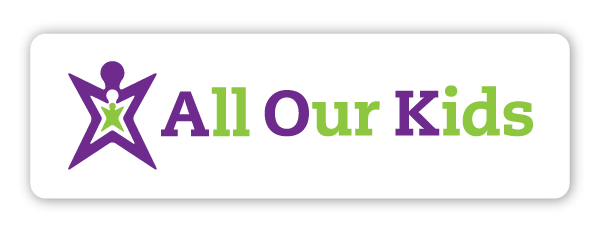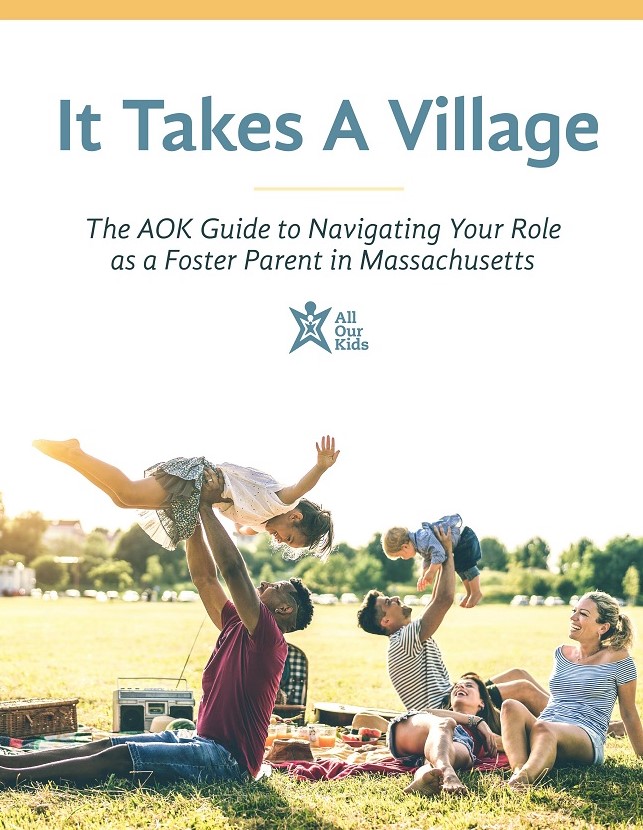The Role of Foster Parents in Court
The foster parent is not a party to the case, meaning the foster parent has no right to participate directly in it through an attorney. The foster parent may, however, be a witness in the case, called by DCF’s or the child’s attorney.
By statute, foster parents have some limited rights: to notice of any scheduled hearings, conferences, or trials, and “the right to be heard.” Unfortunately, these rights are somewhat vague. The “notice” part means you get notice of court events. The “right to be heard” has very unclear dimension. Sometimes it is interpreted to mean to be called as a witness, or to be consulted by experts, such as the court investigator or bonding evaluator. It does not give you a right to observe in the courtroom, although in some instances the judge may allow you in. It does not give you a right to testify if no one intends to call you. It does not give you a right to write to or otherwise communicate directly with the judge.
The degree to which foster parents have been able to participate in hearings, conferences, and trials varies substantially. Some foster parents have been allowed to sit in and listen to almost everything, whereas others have not been granted any access. Many have made their interest in attending known, only to be left in the court hallway for hours without being told the hearing began and concluded without them.
Despite these frustrations and limitations, many foster parents opt to attend any court date they can, and sometimes it can result in some progress on the case, or foster parent receiving some piece of information they wouldn’t have otherwise received. For example, a foster parent’s presence can facilitate an open adoption agreement if they are willing and able to engage in negotiations on the spot. Additionally, informal conversations with attorneys or social workers can give you a better sense of birth parents’ progress, or the degree to which they’re engaged in their action plans. Lastly, you could provide information about the foster child that might be relevant and important in the moment.
However, your absence from any conference, hearing, or trial will not be held against you (unless you’re called as a witness). And, at least in theory, you child’s social worker should be sharing information about what transpires in court (sometimes funneled through your family resource worker). Therefore, many foster parents opt not to attend these dates – and many others simply don’t have the choice to do so as a result of work or home demands – which is perfectly appropriate.
Testifying in Court
Testifying In a courtroom is an uncomfortable experience, but it’s important to remember that you are not on trial, and your strengths or weaknesses as a parent are not what is at issue. In some instances, a parent’s lawyer will try to make it the issue. However, the DCF attorney and judge should try to put the brakes on this.
It’s important to try to testify only to the things you perceive with your own senses, and not to what other people told you. For example, if you explain that the child has asthma, it would be better to say “I have taken Johnny to the doctor many times for treatment of his asthma,” rather than “The doctor says Johnny has asthma.” The distinction feels silly, but understanding it will save you some hassle in the form of objections that will slow down your testimony. A more serious example of this would be if you were asked what issues you encountered when you first took a child into your home. “Mary had been physically abused,” will draw objections. A less objectionable answer would be: “Mary had bruising on her arms and legs, and a cut over her left eye.” Don’t analyze the observations you made and assign them meaning; just report them.
It’s also good to know that you do not have to have memorized every possible date associated with the case. It’s fine to bring notes or a timeline. Tell the lawyer who has called you as a witness that you’ve done this. You won’t be allowed to have the notes in front of you while you testify, but when you’re asked for a particular date, you can say, “I don’t recall,” and the lawyer can then ask, “Is there anything that would refresh your recollection,” and you can say, “Yes, my notes.” Then you can look at them, close them, and testify from your newly refreshed recollection. Again, it’s a dance that doesn’t make a ton of sense on the surface, but it gets you where you need to go. You should be aware tha, although it’s unlikely, your notes could be entered into evidence.Testifying in court will take a good part of your day, and you’ll likely be on the stand for a period of hours (sometimes less, depending on the case). It’s okay to take your time, to take sips of water when you need them, and to ask for clarification when necessary. Remember that you are an expert on this child, and are there to inform the court about him or her. You know all the pertinent answers already, and when you do not know or recall, it is perfectly appropriate to say that too.
Want to learn more about navigating your role as a foster parent in Massachusetts?
It Takes a Village is the first and only comprehensive guidebook available. Order your copy today!

